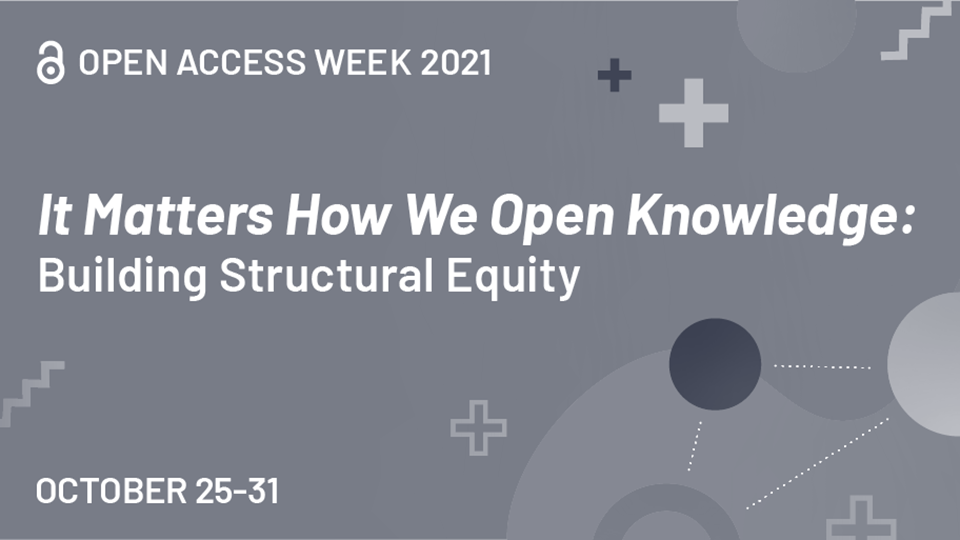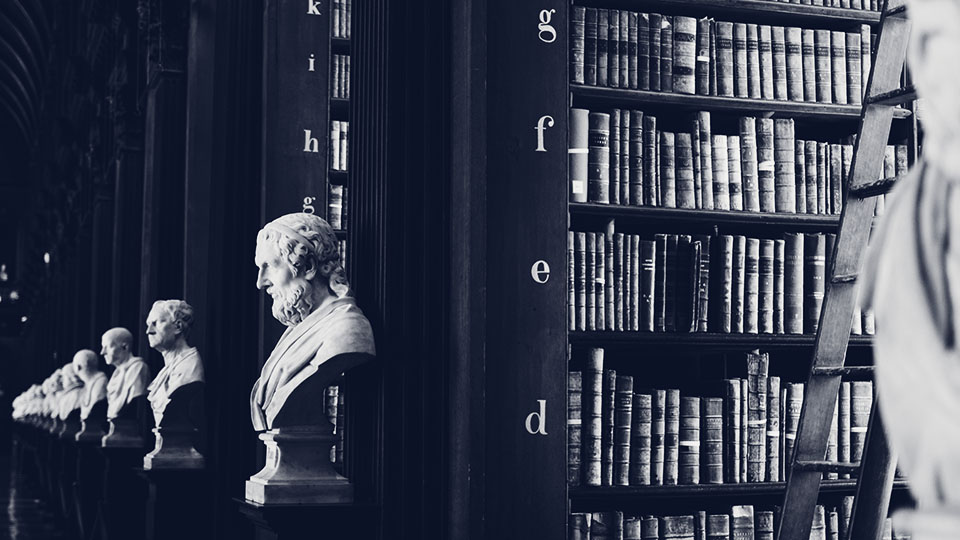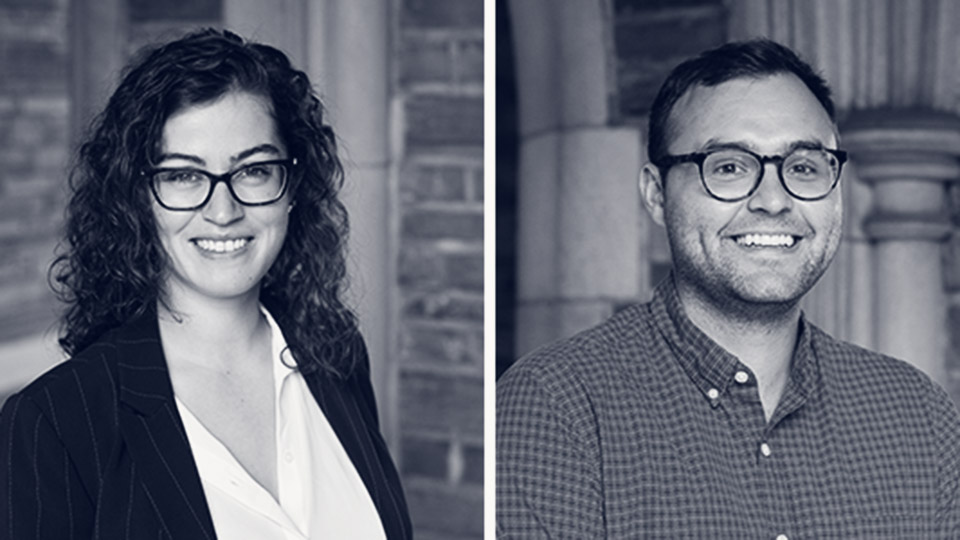Embedded Research Helps Everyone: Fairness in Artificial Intelligence
LII has always strived to discover new and better ways to make the law more findable and understandable for the public, which has given us a relentlessly practical orientation toward research. Most of the time, we have our hands full keeping up with the academic literature and supervising student research projects, but from time to time we find an opportunity to become involved in more formal research projects in one capacity or another. And very occasionally a project comes along that helps us consolidate what we have learned and enhance everything we offer the public.
Last spring, LII, along with the Canadian Legal Information Institute (CanLII) and Harvard’s Library Innovation Lab became advisors to a new Law-and-Artificial-Intelligence research project entitled “FAI: Using AI to Increase Fairness by Improving Access to Justice.” Law-and-AI luminaries Professors Kevin Ashley and Diane Litman at the University of Pittsburgh lead the project, which aims to bring the fruits of law and AI research to the public. Their project proposal struck a chord with us, particularly when they noted that “Although many AI tools are already available to law firms and legal departments, these tools do not typically reach members of the public and legal service practitioners except through expensive commercial paywalls.”
We were very fortunate this semester to be able to arrange for LII’s language and data science specialist, Dr. Sylvia Kwakye, to embed with the research team. This arrangement has given her a chance to think through the research challenges associated with very particular natural language interpretation tasks while exploring in detail the various ways in which the research data (notably the rules from Ph.D. student Huihui Xu’s research and caselaw sentences from CMU postdoc Jaromir Savelka’s research) could be used to enhance primary law resources on the LII website. We are particularly excited about the potential boon to public understanding afforded by the ability to connect definitions from state and federal regulations to explanations from the jurisprudence in the Caselaw Access Project corpus (see “Spotlight on Free“). We’ve also been heartened to see the ways in which the results of our most recent editorial enhancements to the Wex definitions (see “Anatomy of a Traffic Spike: Hard Work Pays Off“), along with the output of M.Eng. research work extracting definitions from U.S. Code, CFR, and now state regulations, might be of use.
We’re grateful for the chance to learn from the Law-and-AI research community and excited to bring our small role in this project full circle.






